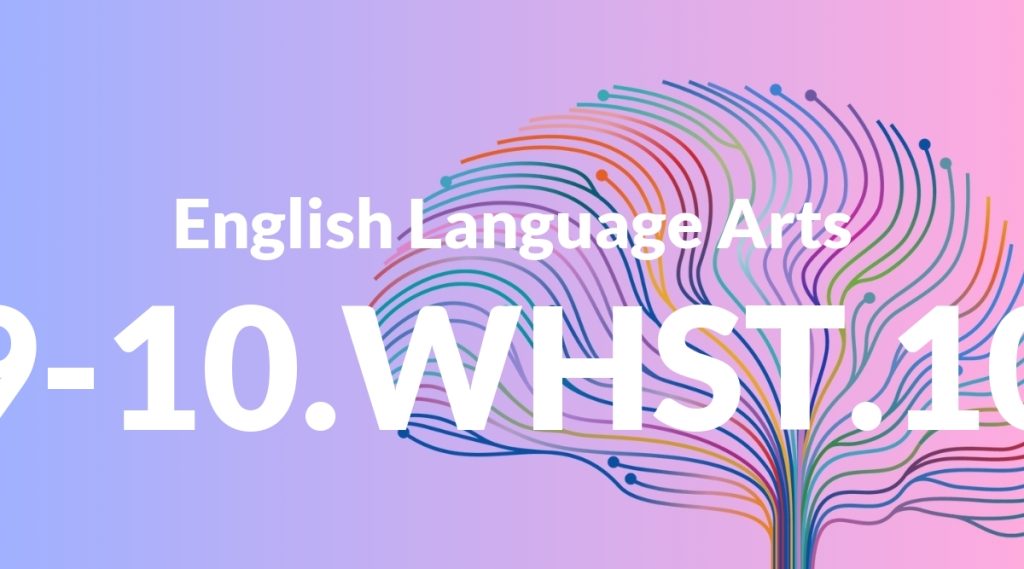Standard: 9-10.WHST.10 – Write routinely over extended time frames (time for reflection and revision) and shorter time frames (a single sitting or a day or two) for a range of discipline-specific tasks, purposes, and audiences.
Grade level: Grade 9-10
Subject: English Language Arts
Domain: Writing: History, Science & Technical Subjects
Teacher Overview
This standard emphasizes the importance of writing both over extended time frames and shorter time frames for a variety of tasks, purposes, and audiences. It is crucial for students to develop the ability to plan, draft, revise, and reflect on their writing, as well as to adapt their writing style to different contexts. Students should be comfortable with the basics of writing, including understanding different purposes and audiences, and have some experience with the drafting and revision process.
After mastering this standard, students will be able to effectively manage their writing tasks, adapting their style and approach to suit different purposes and audiences across various disciplines.
Common Misconception 1
Some students may think that writing should be completed in one sitting. This misconception can hinder their ability to produce well-thought-out and polished work.
Intervention 1
Encourage students to view writing as a process by assigning tasks that require multiple drafts and revisions. Provide structured time for reflection and feedback.
Common Misconception 2
Another common misconception is that writing for different subjects does not require different approaches. This can lead to a lack of specificity and appropriateness in their writing.
Intervention 2
Use cross-curricular writing assignments to show how writing varies between disciplines. Discuss the unique requirements of writing in history, science, and technical subjects.
Prerequisite Knowledge
Students should have a basic understanding of different writing purposes and audiences, as well as experience with drafting and revising written work.
Subsequent Knowledge
Students will develop advanced skills in writing for various disciplines, including the ability to tailor their writing to specific tasks, purposes, and audiences, and to manage their time effectively for both long-term and short-term writing projects.
Instructional Activities
- Assign a long-term research project with checkpoints for drafts and revisions.
- Have students write a lab report based on a recent experiment, including multiple drafts.
- Create a writing prompt that requires students to write from the perspective of a historical figure.
- Set a timed writing exercise where students must complete a task in a single class period.
- Organize peer review sessions to provide feedback on each other’s work.




